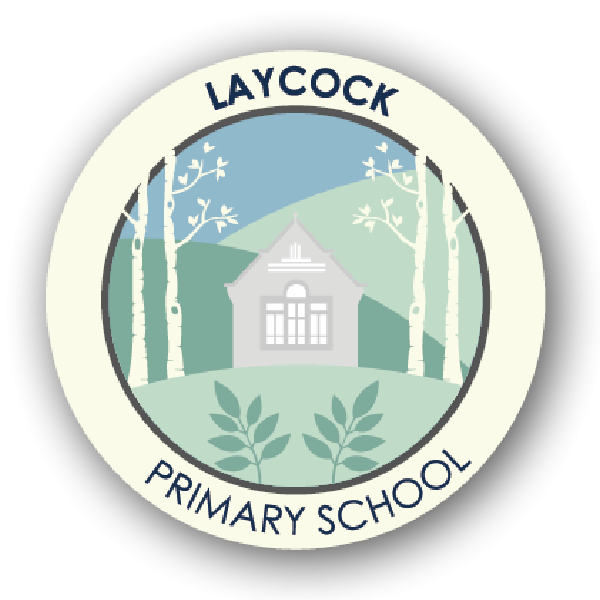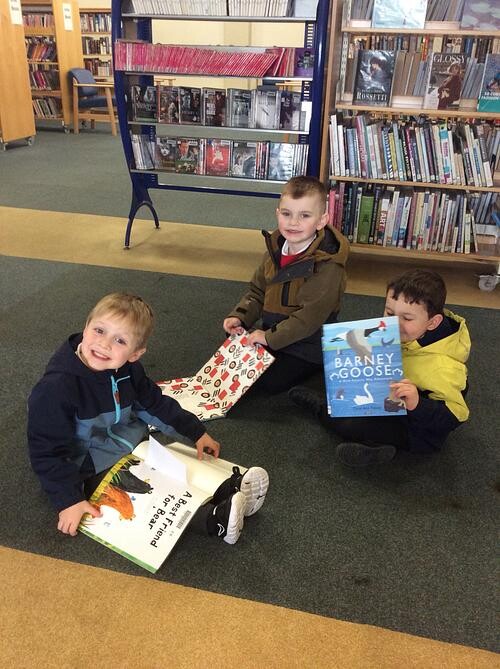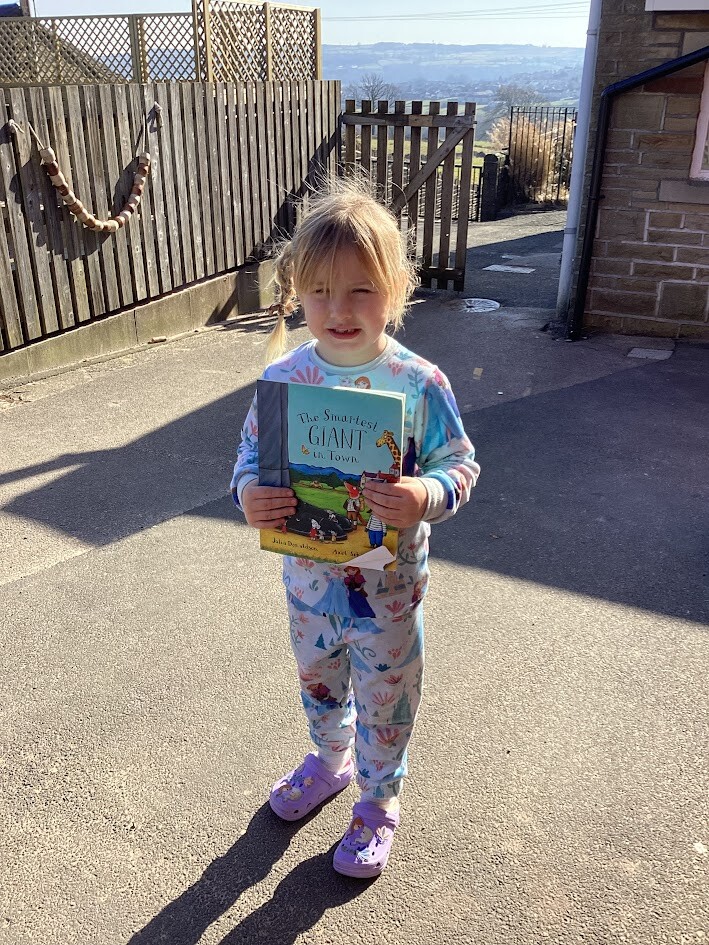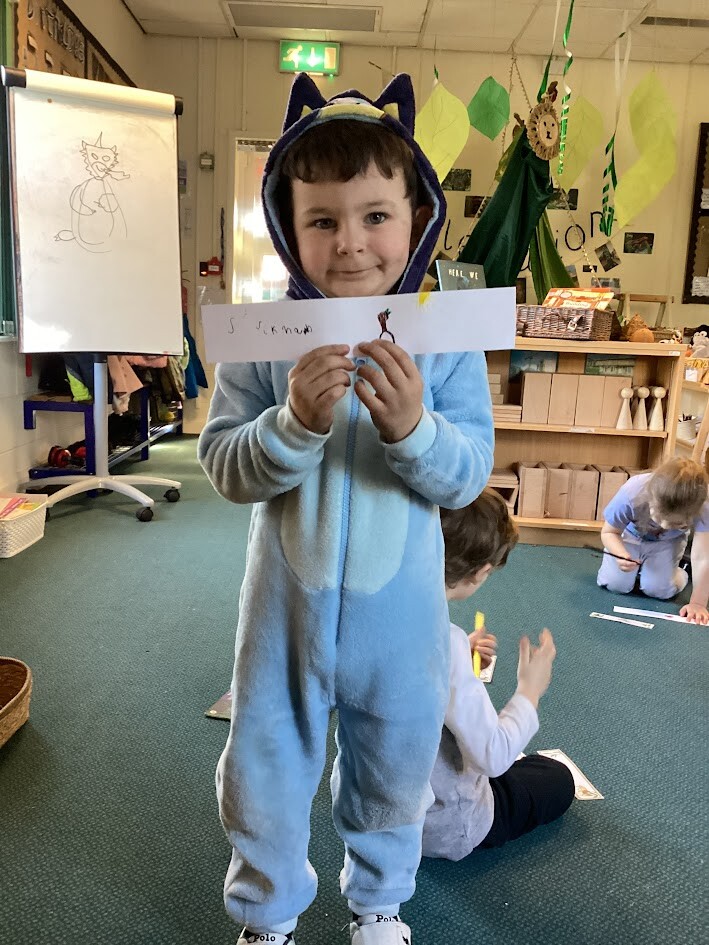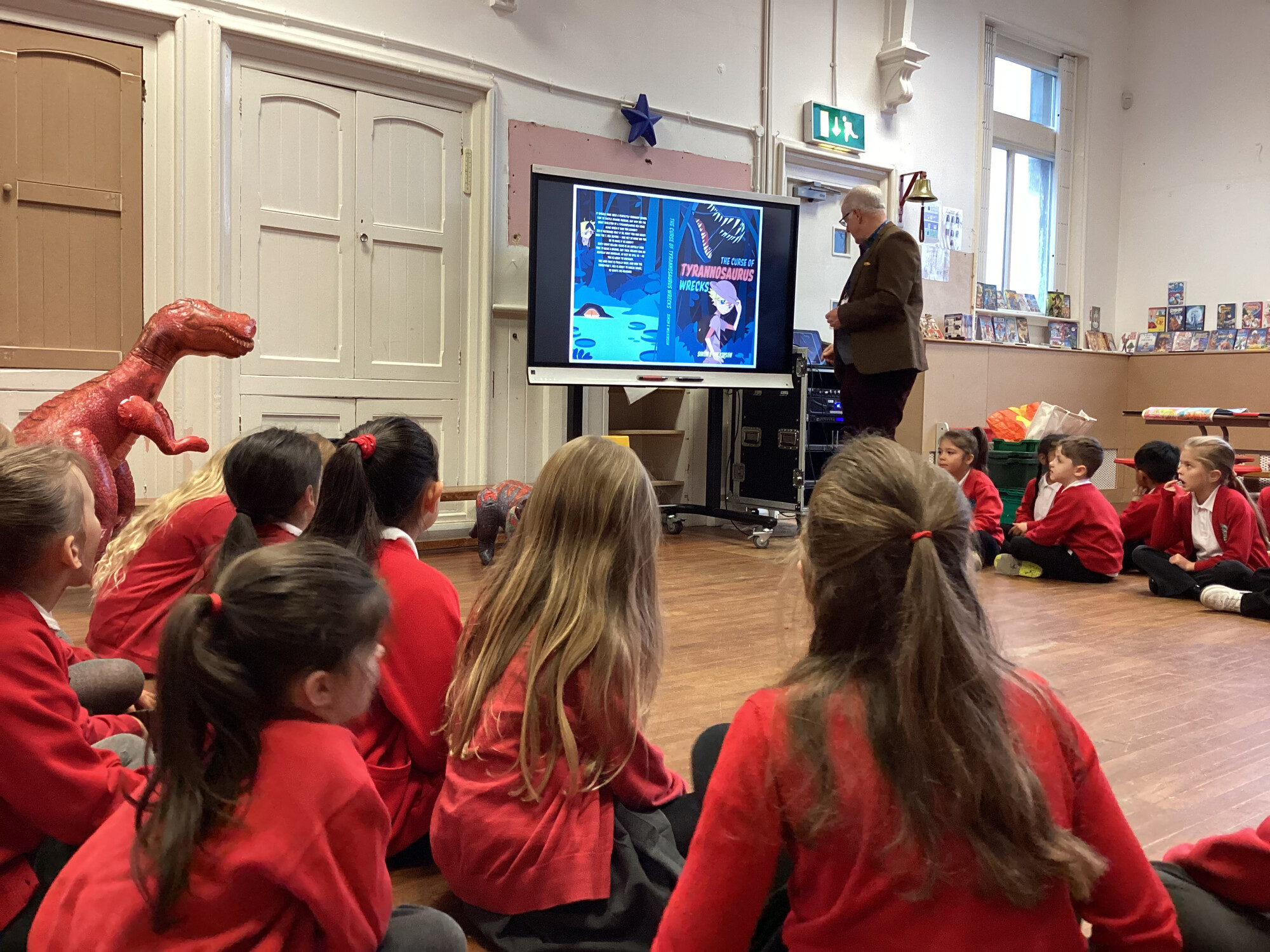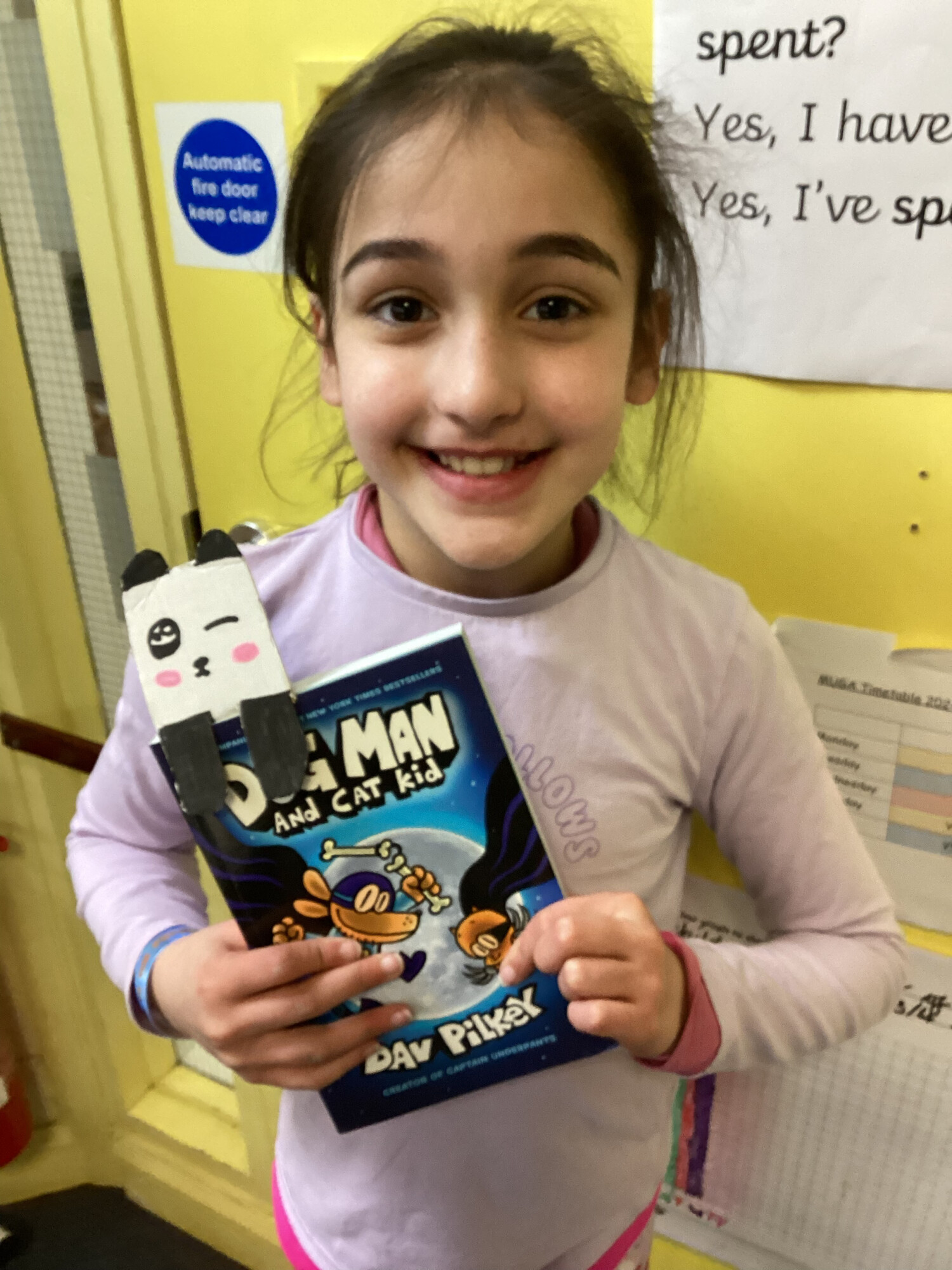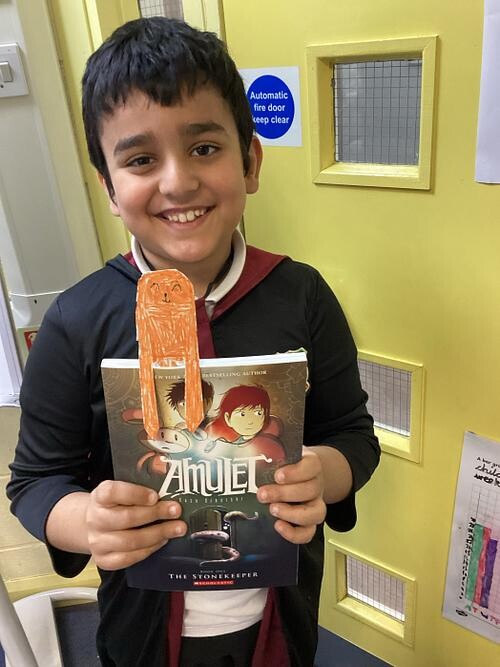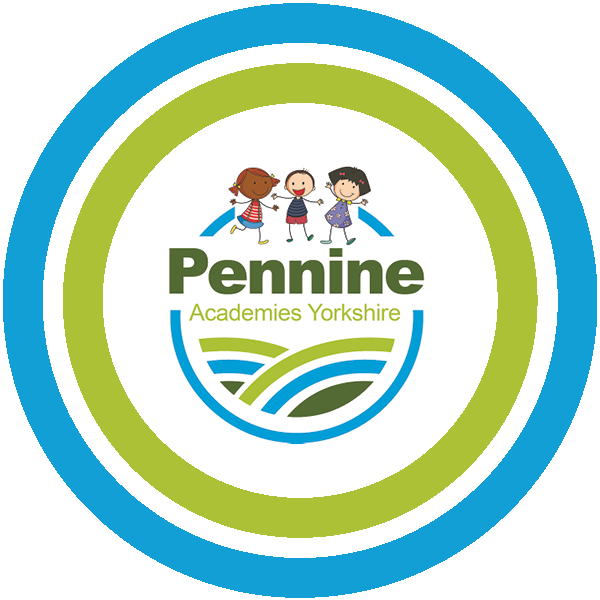Reading
At Laycock Primary School, we believe that reading is an integral part in a child’s understanding and appreciation of the world around them; a platform that allows our children to see beyond what they know, share in cultural experiences and develop the vocabulary they need to effectively express themselves. Our reading curriculum strives to foster a lifelong love of reading. This curriculum is delivered through synthetic phonics (Little Wandle), a shared reading approach (KS2) using Grammarsaurus Comprehension Crusher scheme, home reading, reading across the curriculum, regular opportunities for independent reading and listening to quality texts read aloud every day during class story time. All of these are essential components as they offer the range of opportunities needed to develop fluent, enthusiastic and critical readers. We encourage children to read at home regularly and children can earn a non-uniform day voucher for this.
Early Years (Reception)
We provide a balance of child-led and adult-led experiences for all children that meet the curriculum expectations for ‘Communication and language’ and ‘Literacy’. These include:
-
sharing high-quality stories and poems
-
learning a range of nursery rhymes and action rhymes
-
activities that develop focused listening and attention, including oral blending
-
attention to high-quality language
-
We ensure Reception children are well prepared to begin learning grapheme-phoneme correspondences (GPCs) and blending in Reception.
Daily phonics lessons in Reception and Year 1
We teach phonics for 30 minutes a day. In Reception, we build from 10-minute lessons, with additional daily oral blending games, to the full-length lesson as quickly as possible. Each Friday, we review the week’s teaching to help children become fluent readers.
Children make a strong start in Reception: teaching begins in Week 2 of the Autumn term.
We follow the Little Wandle Letters and Sounds Revised expectations of progress:
-
Children in Reception are taught to read and spell words using Phase 2 and 3 GPCs, and words with adjacent consonants (Phase 4) with fluency and accuracy.
-
Children in Year 1 review Phase 3 and 4 and are taught to read and spell words using Phase 5 GPCs with fluency and accuracy.
Daily Keep-up lessons ensure every child learns to read.
-
Any child who needs additional practice has daily Keep-up support, taught by a fully trained adult. Keep-up lessons match the structure of class teaching, and use the same procedures, resources and mantras, but in smaller steps with more repetition, so that every child secures their learning.
-
We timetable daily phonics lessons for any child in Year 2 or 3 who is not fully fluent at reading or has not passed the Phonics screening check. These children urgently need to catch up, so the gap between themselves and their peers does not widen. We use the Little Wandle Letters and Sounds Revised assessments to identify the gaps in their phonic knowledge and teach to these using the Keep-up resources – at pace.
-
If any child in Year 3 to 6 has gaps in their phonic knowledge when reading or writing, we plan phonics ‘catch-up’ lessons to address specific reading/writing gaps. These short, sharp lessons last 10 minutes and take place at least three times a week.
Teaching reading: Reading practice sessions three times a week.
We teach children to read through reading practice sessions three times a week. These:
-
are taught by a fully trained adult to small groups of approximately six children
-
use books matched to the children’s secure phonic knowledge using the Little Wandle Letters and Sounds Revised assessments and book matching grids on pages 11–20 of ‘Application of phonics to reading’
-
are monitored by the class teacher, who rotates and works with each group on a regular basis.
Each reading practice session has a clear focus, so that the demands of the session do not overload the children’s working memory. The reading practice sessions have been designed to focus on three key reading skills:
-
decoding
-
prosody: teaching children to read with understanding and expression
-
comprehension: teaching children to understand the text.
In Reception these sessions start in Week 4. Children who are not yet decoding have daily additional blending practice in small groups, so that they quickly learn to blend and can begin to read books.
In Year 2 and 3, we continue to teach reading in this way for any children who still need to practise reading with decodable books.
Home reading
The decodable reading practice book is taken home to ensure success is shared with the family.
Reading for pleasure books also go home for parents to share and read to children.
We use the Little Wandle Letters and Sounds Revised parents’ resources to engage our families and share information about phonics, the benefits of sharing books, how children learn to blend and other aspects of our provision, both online and through workshops.
Additional reading support for vulnerable children
Children in Reception and Year 1 who are receiving additional phonics Keep-up sessions read their reading practice book to an adult daily.
Little Wandle - Books Coming Home - https://www.littlewandlelettersandsounds.org.uk/resources/for-parents/#tabnametabBooksComingHome
KS2
The core of our reading curriculum is The Grammarsaurus Curriculum. We use the Comprehension Crusher scheme over a two week block to maximise opportunity for daily, weekly and monthly review to ensure new vocabulary, concepts, and knowledge are encoded into long-term memory.
Each unit of the Comprehension Crusher scheme encompasses a range of fluency and vocabulary activities to improve reading comprehension.
Home reading
Each child in Key Stage 2 takes home a reading book that is assessed at their level using teacher assessment. Children are encouraged to read daily at home either independently or with an adult.
Reading for Pleasure
We aim to foster a love of reading and want to build communities of engaged readers. We are committed to promoting a love of reading in our school, not only giving children opportunities to read in Reading sessions but in the wider curriculum too. We participate in regular author events, both in person and virtually. We provide children with opportunities to visit our library space and read a variety of texts. We share high quality texts within each class as part of our end of day routine. We regularly visit Keighley library and encourage children to become members.
